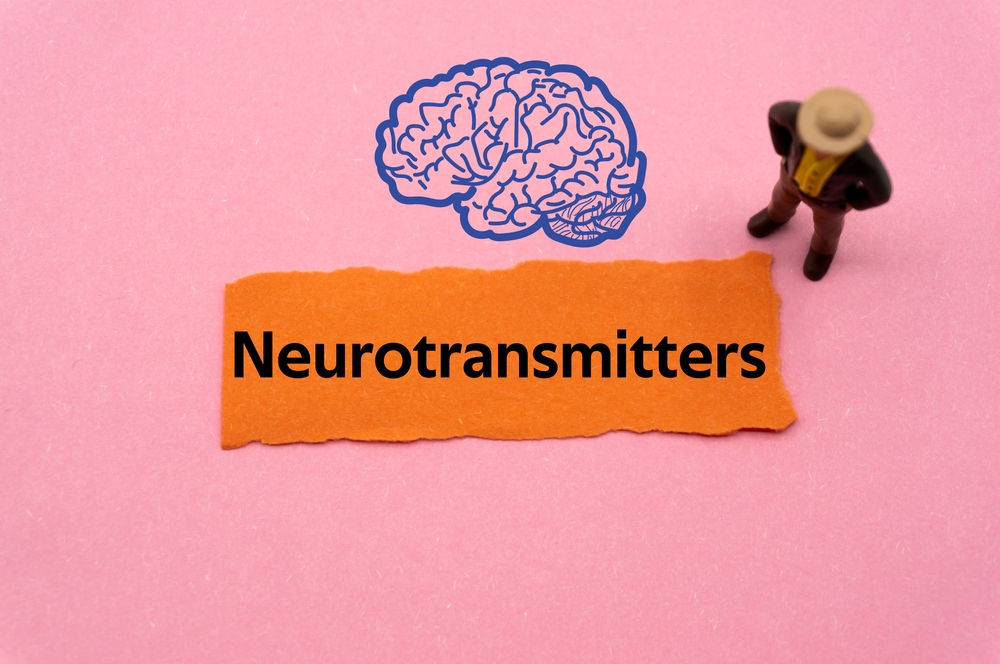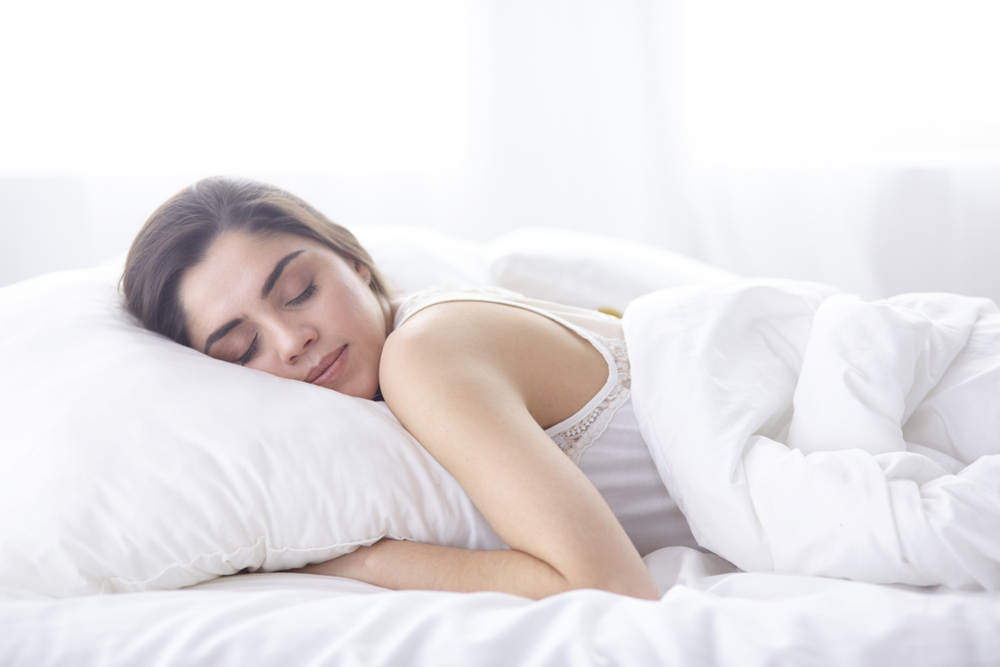In this article we will share with you essentials facts about sleeping. Sleep, in the context of a fast or in a classical environment, corresponds to a highly regulated active process and to a reorganization of neuronal activity. It is therefore not a passive process or a cessation of cerebral activity.
Indeed, it is subject to various regulations by the brain that result in changes in behavior, brain activity and physiological control. Moreover, sleep involves a low level of physiological activity with a low level of body temperature, blood pressure and respiratory and cardiac rhythm.
It is divided into cycles, within which Rechtschaffen and Kales were able to identify new stages in 1968:
- A stage of entry into sleep
- A stage of light slow wave sleep and deep slow wave sleep which allow physical and mental recovery
- And a stage of REM sleep where dreams, memorization and psychic recovery take place
Sleep cannot be controlled
One of the facts about sleeping is that it cannot be controlled and happens when the following the conditions are met:
- You must be sufficiently sleepy (significant sleep pressure)
- You must feel sufficiently safe
- You must be sufficiently relaxed at the nervous and muscular level
- or have a balanced and rhythmic production of neurotransmitters
Indeed, some neurotransmitters are specific to the waking state:
- Dopamine, stimulates motivation and risk-taking,
- Adrenaline, increases heart rate, muscle contraction, blood flow and respiratory capacity in response to stress,
- Norepinephrine (also called noradrenalin) causes excitement, the orientation of new stimuli, selective tension, and vigilance.

Conversely, some neurotransmitters are specific to sleep. In order for the brain to move from the awake state to the sleep state, it must therefore change its production of neurotransmitters by :
Together, they promote relaxation, slow heart rate, muscle space, and control anxiety. In addition, other physiological mechanisms participate in the regulation of sleep, such as thyroid hormones, sex hormones, and growth hormones but also blood levels of magnesium, calcium, or potassium …
Note also that sleep can vary according to the environment. Indeed, your sleep can vary regardless to the outside temperature or the seasons (less sleep in summer), living conditions (divorce, moving house, etc.), physiological changes (pregnancy, illness, stopping sport, etc.).
Good transit = Good sleep
Have you ever noticed that people considered resistant or in good health even with age are those who very often have a good transit and a good sleep? Therefore, taking care of your sleep is taking care of your health. But sometimes, in spite of our will, the quality of our sleep is not good enough. We feel powerless when faced with difficulties in falling asleep such as :
- Recurrent insomnia
- Fragmented or non-restorative sleep
- Sleep apnea
- Or conversely, too much sleep but always so much fatigue
So how can you take control of your sleep? This is what we will develop throughout the following articles.
What is the ideal sleep?
Specialists say that it is the one that allows us to feel good during the day. However, they also say that sleep is one of the fundamental pillars of health. Indeed, it is the time when the body recovers and promotes its regeneration. In the short term, the world of quality sleep causes daytime sleepiness, lack of attention. It also decreased physical and cognitive performance, and increased consumption of stimulants. In the long term, it would lead to chronic inflammation, lowered immune defenses, twice the risk of hypertension, risks of obesity and type 2 diabetes, bodily pain, emotional fragility, poor mood, memory and concentration problems.
However, rare cases of agrypnia, (i.e. people who live in total absence of sleep for a long period of time), show us that it is possible to live without sleep, without suffering particularly harmful consequences on health. So, is it sleep problems that lead to health problems or is it rather health problems that lead to sleep disorders? As always, it depends on the case, but generally speaking, the answer is a mixture of both.
If you want to learn more about sleep, don’t hesitate to have a look on my dedicated website: Jeûne & Sens
Have a look at our other sleep article :

